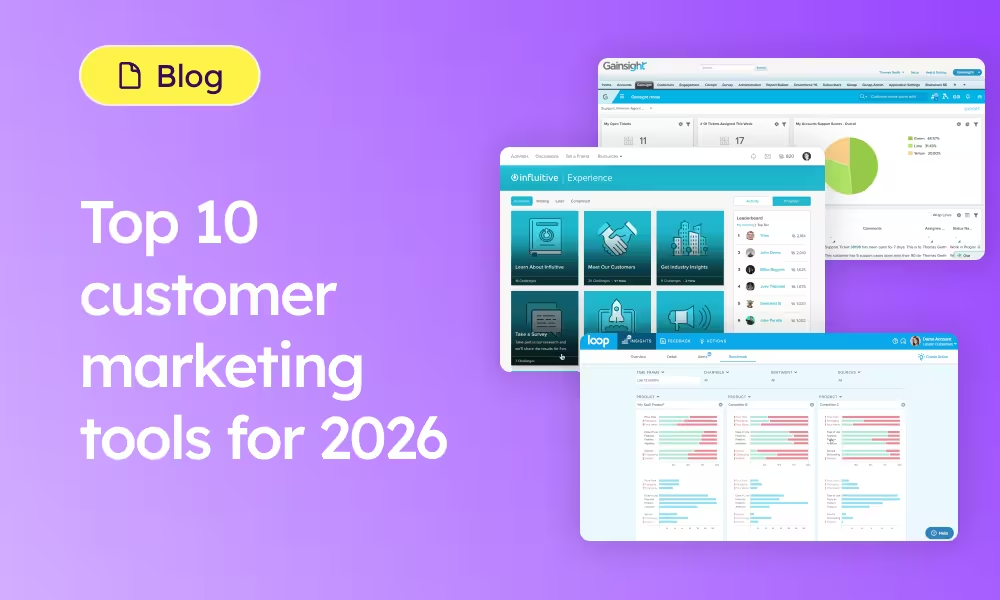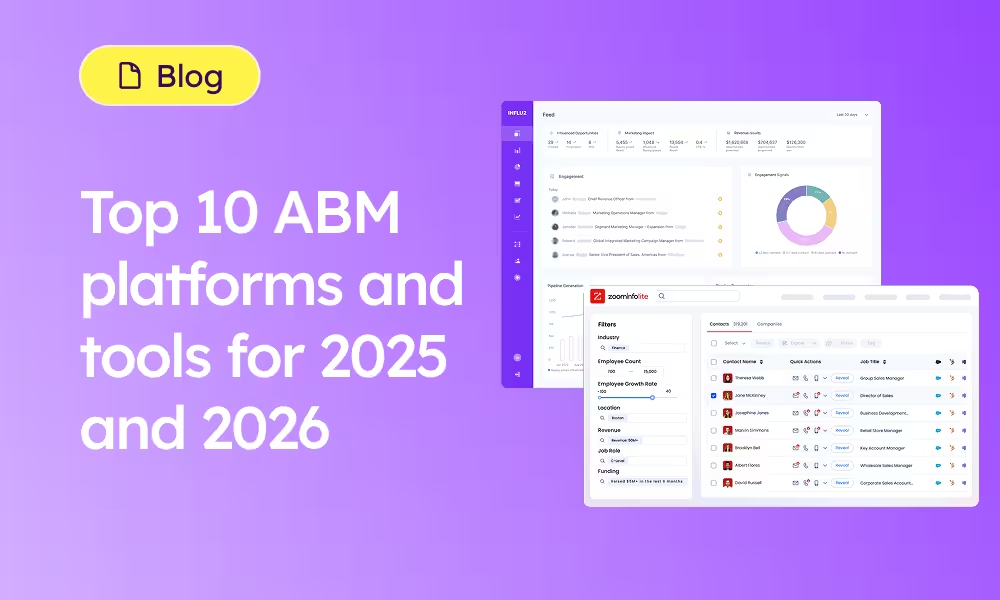One powerful platform for ROI-driven corporate gifting, swag, and engagement at scale.
The pre-proposal stage is the phase of the sales process before an official proposal is presented to a potential client or customer – and it’s not without its challenges.
This stage is all about initiating productive interactions with potential clients, during which salespeople must address pain points, build rapport, and position their product or service in a compelling way. The pressure to achieve all these things in a restricted time frame can be palpable.
But more than anything, I believe the pre-proposal stage is full of potential. It’s a great opportunity to uncover pain points you haven’t encountered before and set the stage for a successful sales process.
Here are four questions I ask myself to help accelerate deals at the pre-proposal stage…
1. Is it the right stage?
It sounds obvious, but you should always make sure you're at the right stage of the deal before putting a proposal together.
In order to build a good proposal, you’ll need to understand the client’s precise pain points, impact, and requirements. If you present a proposal that’s not relevant to where the client is on their journey, this can ultimately be a significant waste of your time and resources, and result in more than a little bit of awkwardness.
Taking the time to thoroughly assess the prospect's readiness, address objections, and confirm alignment allows you to craft a compelling proposal that enhances your credibility and demonstrates just how much you know (and care) about the client’s needs.
2. Is the proposal lean?
Our tracking data shows that most prospects skim through proposals to immediately get to the good bit – AKA the pricing. It’s good practice to keep your proposal as lean as possible, so prospects can focus on the facts and numbers.
Outside of a comprehensive breakdown of the prospect’s challenges and goals, and how your solution can resolve these and support their long-term objectives, there should be minimal distractions.
The pricing is the “main event”, so make sure this information is completely transparent and covers all options and packages. Terms, payment schedules, and any guarantees should be easy to understand at a glance.
The ability to pre-empt potential questions is always impressive and can help build trust, so put yourself in the prospect’s shoes and try to address common concerns within the proposal.
3. Do I understand the decision process?
Before walking your stakeholder through the proposal, ask them to clearly map out what their company’s decision process would involve, assuming they’re happy with everything they see.
This step is essential because it helps me confirm alignment, identify key influencers, and avoid last-minute approval nightmares down the line.
Don't wait until the end of the call to ask this. Politely insist on having a detailed understanding before sharing your screen.

4. Have I booked a review call?
Momentum is integral to every sales deal. I always book in a review call for either the day of or the day after an internal review call for my proposal, as this gives us a chance to clarify any misunderstandings almost immediately.
It always helps to set out an agenda for your review call, which should look something like this:
- Clarify proposal details
- Confirm alignment
- Address questions and concerns
- Discuss next steps
- Reiterate your solution's value proposition and benefits
But most importantly, I want to confirm one of two things: whether the prospect is ready to move forward with the launch, or what steps I need to take in order for them to be ready to do so.
As a salesperson, the ideal tone you want to strike throughout the sales process is one that is helpful and optimistic. Pitching a proposal isn't about getting to a “yes” or “no” – it's about getting to a “yes” or “what do we need to do to get to ‘yes’?"
Taking a moment to ask yourself these four questions at the pre-proposal stage will help you to see the big picture more clearly, giving you the best possible chance of a successful outcome.






.jpeg)



